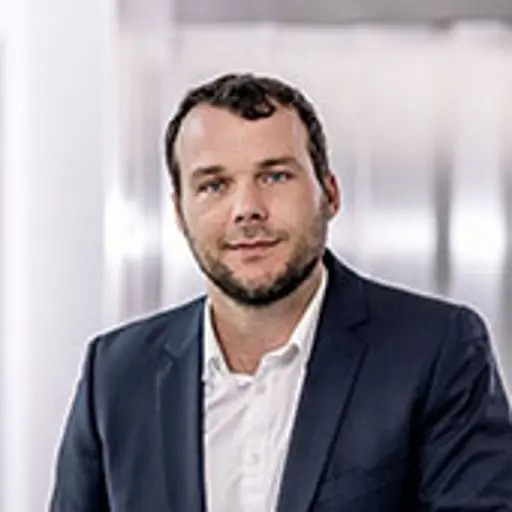Om kursen
The course starts out from a general discussion about what theory is (as well as what it is not), followed by an overview of commonly used theories and their application in selected areas of communication and engineering education research.
The second part of the course is focused on theorizing and starts with a joint discussion of theorizing as a skill. During the main section of this part, the Ph.D. students work individually on writing a text in which they develop, apply and/or discuss one or several theoretical frameworks related to their own research. Alternatively, they write a theory-focused critical literature review within their research area. The Ph.D. should be able to utilize this text as part of a journal manuscript or their kappa. The course finishes with a final session where participants briefly present and discuss their work and reflect on what they learned.
Part 1 consists of five synchronous sessions. The meetings are scheduled bi-weekly and will be conducted on campus or online as appropriate. The idea of creating a community of practice (relating to communication and learning in science) is combined with a flipped classroom approach, where participants are expected to complete preparatory readings and a reflective text in advance of each synchronous meeting with one or two researchers from CLS.
In the second part, in between a joint opening and closing session, the Ph.D. students mainly focus on practicing and developing their theorizing skills facilitated by the examiner and the students supervisor(s).
The second part of the course is focused on theorizing and starts with a joint discussion of theorizing as a skill. During the main section of this part, the Ph.D. students work individually on writing a text in which they develop, apply and/or discuss one or several theoretical frameworks related to their own research. Alternatively, they write a theory-focused critical literature review within their research area. The Ph.D. should be able to utilize this text as part of a journal manuscript or their kappa. The course finishes with a final session where participants briefly present and discuss their work and reflect on what they learned.
Part 1 consists of five synchronous sessions. The meetings are scheduled bi-weekly and will be conducted on campus or online as appropriate. The idea of creating a community of practice (relating to communication and learning in science) is combined with a flipped classroom approach, where participants are expected to complete preparatory readings and a reflective text in advance of each synchronous meeting with one or two researchers from CLS.
In the second part, in between a joint opening and closing session, the Ph.D. students mainly focus on practicing and developing their theorizing skills facilitated by the examiner and the students supervisor(s).
Mer information
Christian Stöhr, Biträdande professor
Ingenjörsutbildningsvetenskap, Vetenskapens kommunikation och lärande
christian.stohr@chalmers.se
Föreläsare
Christian Stöhr
